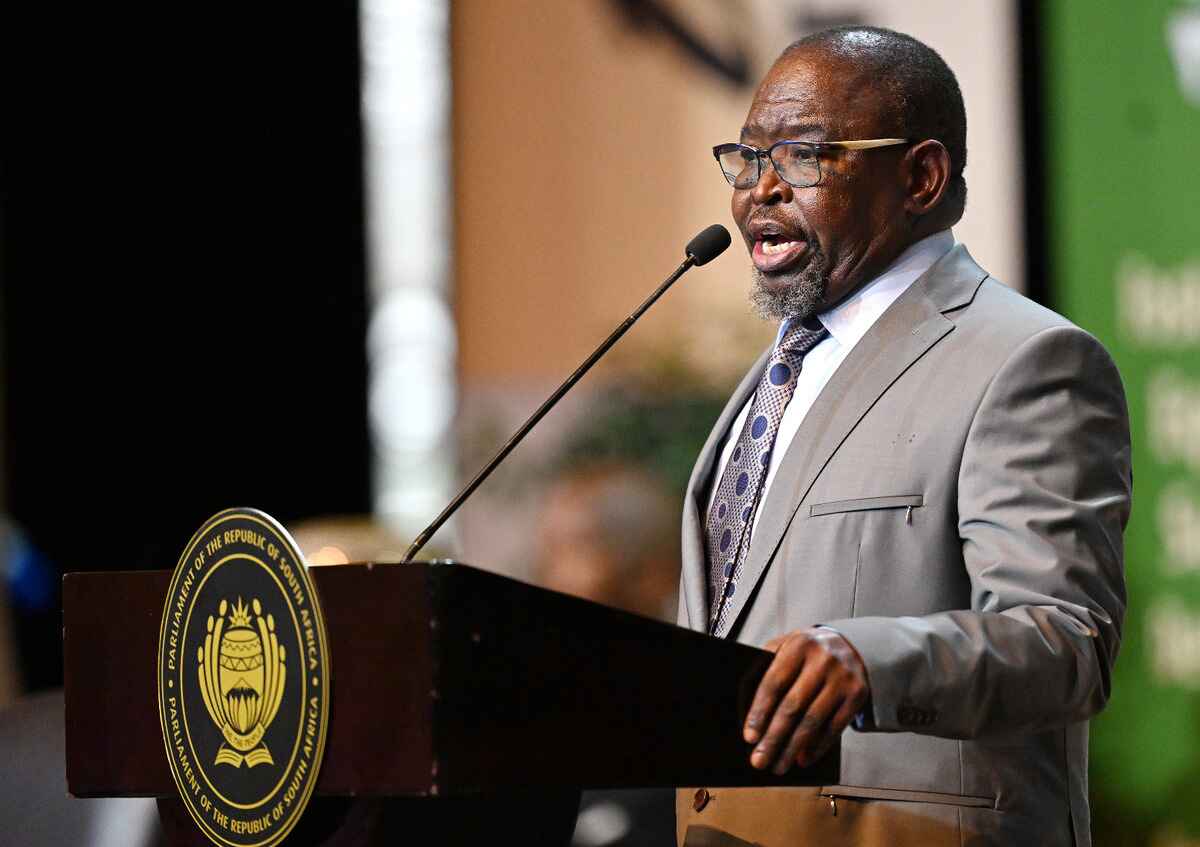Published
8 months agoon
By
zaghrah
Parliament’s approval of Budget 3.0 brings cautious optimism—praise from economists and political stability, but union federation Cosatu warns the poor are still paying the price.
South Africa’s latest fiscal blueprint, Budget 3.0, has officially cleared Parliament. For many, it’s a sign of economic direction and political maturity. For others, particularly the country’s largest labour federation, Cosatu—it’s a mixed bag that may leave the working class behind.
As the country navigates an era of coalition governance under the Government of National Unity (GNU), the budget’s passage marks more than a technical milestone, it’s also a litmus test for collaboration and compromise in a politically fragmented landscape.
A Budget Born of Coalition Compromise
Described by North-West University economics professor Waldo Krugell as “not just an ANC budget but a Government of National Unity budget,” Budget 3.0 reflects the new coalition ethos—toned-down spending ambitions, modest tax changes, and a clear signal of fiscal prudence.
“In the Medium-Term Budget Policy Statement, it was a typical tax-and-spend approach. Budget 3.0 is much more balanced,” Krugell observed. “Coalition politics has brought sensibility to the budget.”
Yet, he and others warned against the politicisation of budget processes in future. “We can’t keep having budgets opposed by every opposition party. We need to reach consensus earlier,” Krugell added.
Cosatu: ‘Workers Still Carry the Weight’
Cosatu, however, isn’t popping champagne just yet. While the federation welcomed the government’s retreat from a proposed VAT hike a move that would’ve hit low-income households hard, it raised alarm bells over the continuing squeeze on workers through personal income tax.
The big concern? Tax brackets haven’t been adjusted for inflation for two years straight, meaning that any modest wage increase effectively pushes workers into higher tax obligations. It’s what economists call “bracket creep,” and for families already battling cost-of-living hikes, it’s painful.
“Cosatu cannot support tax hikes upon the working class and the poor, who are already highly indebted,” the union said bluntly.
SARS Gets a Boost And Praise
One area where everyone seems to agree: giving more teeth to SARS. Budget 3.0 allocates R4 billion to the tax agency’s compliance drive and another R7.5 billion to help recover a staggering R800 billion in unpaid taxes.
Cosatu backed the move, calling it critical. “SARS must be given every possible support to achieve these tax compliance targets,” the union noted. And rightly so—enhanced compliance could plug revenue holes without leaning harder on ordinary taxpayers.
A Step Away from Austerity, But Not Far Enough
Cosatu cautiously welcomed the 5.4% spending increase projected over the Medium-Term Expenditure Framework (MTEF). For a country still reeling from previous austerity budgets, especially in healthcare and education, this shift is significant.
Yet, it wasn’t enough to appease concerns about poverty relief or the future of the Social Relief of Distress (SRD) grant. With eight million South Africans depending on the grant each month, Cosatu had hoped for a firmer commitment toward making it permanent or at least bolstering its value.
Also missing from the budget, according to the union, was substantial support for small businesses a key pillar for job creation in a stagnating economy.
Analysts See Stability, If Not Stimulus
Independent economist Professor Bonke Dumisa praised the budget’s approval, not necessarily for its content, but for reducing the noise.
“Budget 3.0’s adoption reduces opportunities for those politicians who’ve been recklessly using budget disputes as campaign fodder,” Dumisa said, referencing the tensions that plagued past budget cycles.
Efficient Group chief economist Dawie Roodt added that the adoption was expected, but still important for building long-term investor confidence. “We hope that we won’t have similar issues in future budget speeches,” he said.
The Big Picture: Stability vs Stimulation
Budget 3.0 may not be a game-changer, but it is a signal that South Africa’s new political coalition can function. And in a country where governance uncertainty often spooks markets and voters alike, that in itself is a win.
Still, for ordinary citizens, especially workers and the poor, the question lingers: when will a budget do more than just balance the books and actually change lives?
That’s a question the GNU must answer, sooner rather than later.
{Source: IOL}
Follow Joburg ETC on Facebook, Twitter , TikTok and Instagram
For more News in Johannesburg, visit joburgetc.com


R372m for a Parade: “Grotesque Waste” or Vital Showcase for Crippled SANDF?


The February Countdown: Your Last Chance to Cut Your Tax Bill and Build Wealth


Beyond the Bailout: Cosatu’s Stark Warning After Denel’s Latest Salary Scare


Last Call for Fairness: SA’s Beer Industry Pleads for a Tax Break Before Budget 2026


A Market Upended: How Chinese Imports Are Forcing South Africa’s Motor Industry to Restructure


Signal Lost: South Africa’s TV Licence Era is Officially Over















